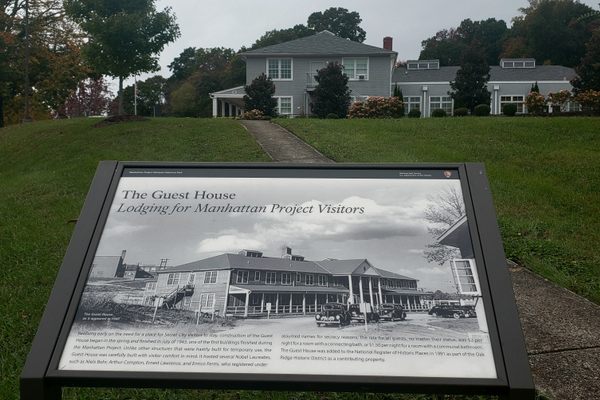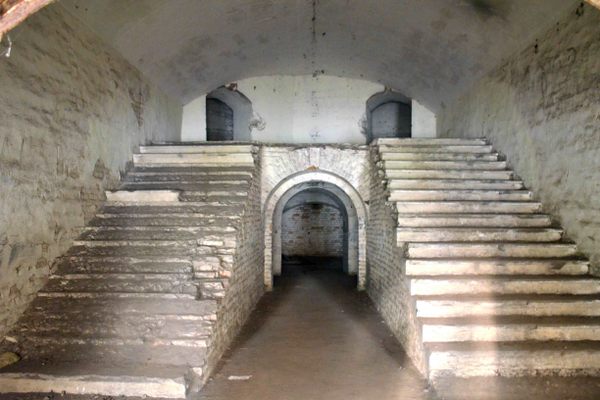About
Otto Benndorf was born in 1838 in the Principality of the Reuss Elder Line. As a youth he showed much interest in archaeology and eventually decided to pursue it in his higher education. He held a variety of academic positions over the years and participated in numerous archaeological expeditions in Greece, including in Samothrace (1875), Lycia (1881–82), and Ephesus (1895).
In 1896 he began efforts to open a facility in Athens to oversee Austrian-run archaeological projects in Greece. Within a year he had convinced King George I of Greece to donate a parcel of land near Pedion tou Areos, on newly opened Alexandras Avenue. He quickly obtained funding and hired an architect, Ernst Ziller, a professor at the Royal School of Arts in Athens who had already designed several of the most famous buildings in Athens, and a friend of the Austrian Ambassador.
The Austrian Archaeological Institute at Athens officially opened in 1908: three levels, neutral in style, with decorative stone corners and lots of windows. The center section was topped with a hipped roof while the two side sections had flat roofs. The ground floor housed the library and offices, while the two upper levels had additional offices and residences for select staff. The building's upper floor was unique in that it was shorter than the two lower floors, and divided from the rest of the building on the exterior by perimetric banding.
The institute continued its important work out of this building until 1938, when Germany annexed Austria prior to World War II. At that time the institute essentially became a semi-dormant branch of the Archaeological Institute of the German Reich. When the Germans fled Athens, the building was vacated and stayed that way until 1947, when it was renovated for use as the Austrian Embassy to Greece. The institute continued activities after World War II, but not from the location until 1964. It took over completely again in 2003, when the embassy moved.
The institute is one of the 17 foreign archaeological institutes in Athens, and is currently overseeing three major projects and participating in two others. The library’s 14,000 volumes are available to Austrian and Greek professional archaeologists and researchers. There is a bust in honor of Otto Benndorf in the courtyard. Since the Austrian Archaeological Institute at Athens is the fifth-oldest such institution in Greece, the building is considered historic and its final architectural plans are held in the National Gallery.
Related Tags
Know Before You Go
The perimeter of the property is fenced and access is electronic and for employees only. You can view the building nicely from the sidewalk. Please do not disturb the workers and distract them from their important tasks.
Community Contributors
Added By
Published
December 28, 2020


































